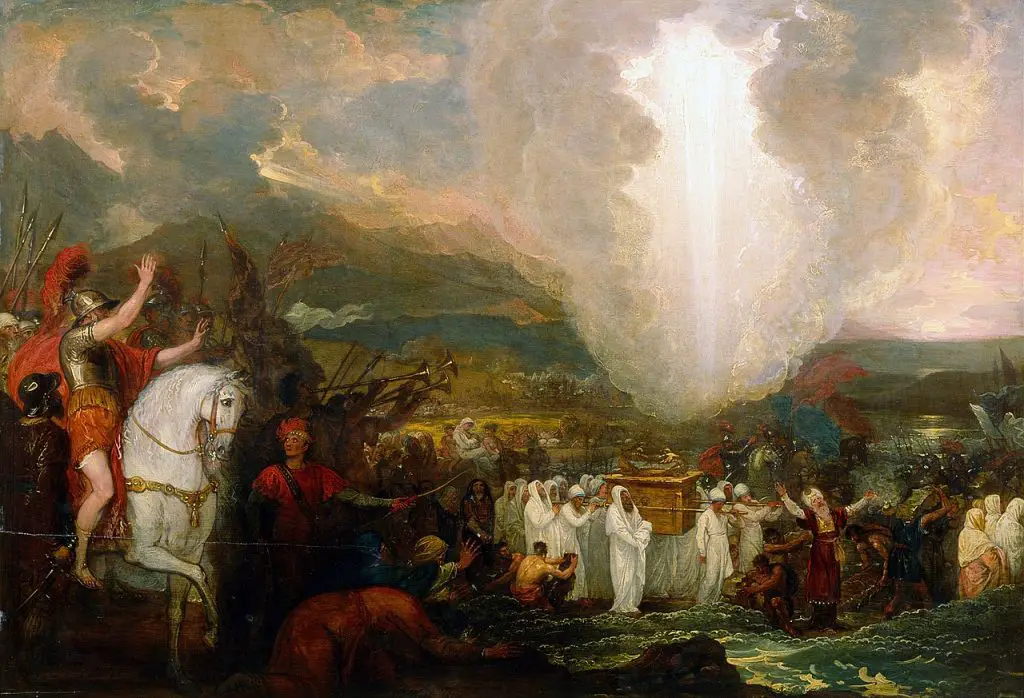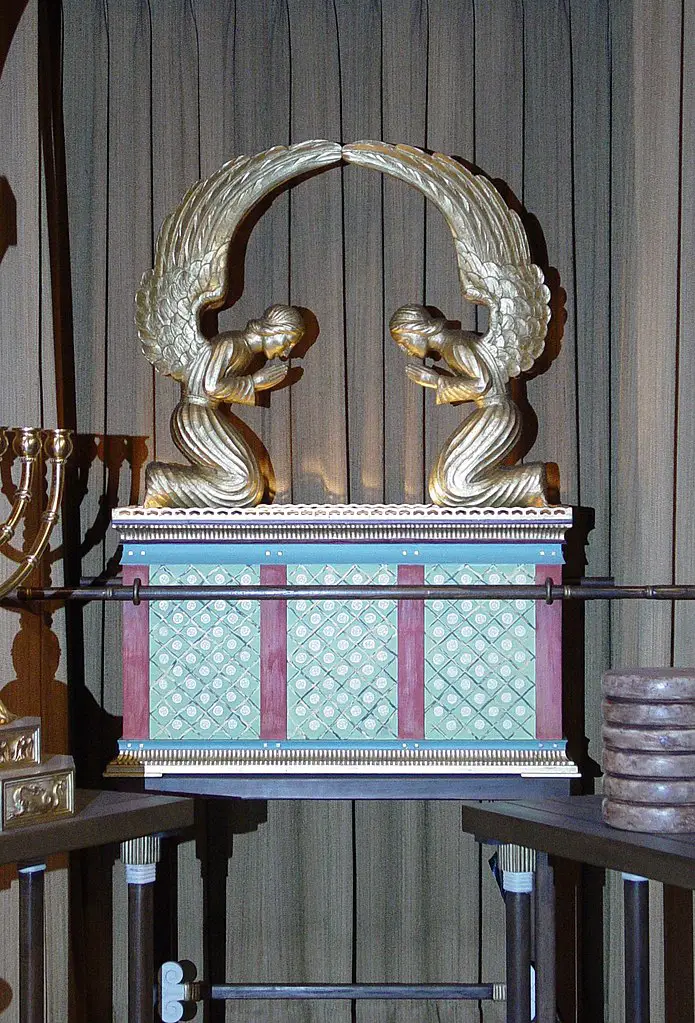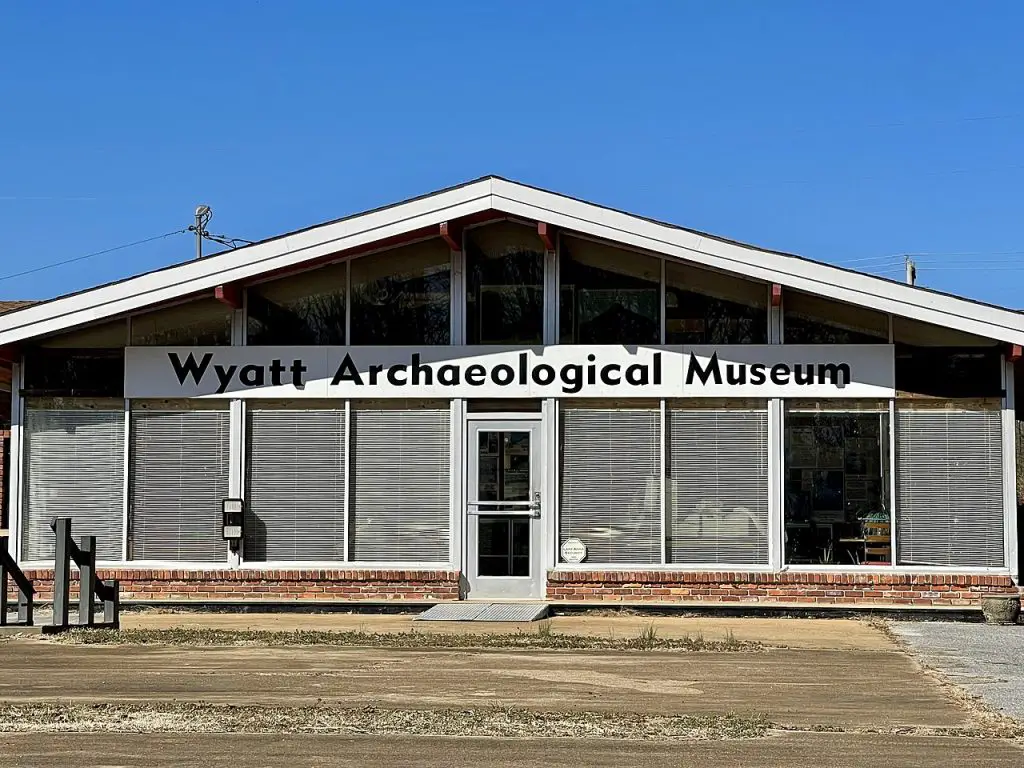 the realm of biblical archaeology, few figures have sparked as much controversy and debate as Ron Wyatt. A self-proclaimed Adventist adventurer, Wyatt claimed to have discovered compelling evidence of Jesus’ existence through his expeditions and excavations. This article delves into the life and work of Ron Wyatt, exploring his alleged findings and the ongoing discussions surrounding their validity.
the realm of biblical archaeology, few figures have sparked as much controversy and debate as Ron Wyatt. A self-proclaimed Adventist adventurer, Wyatt claimed to have discovered compelling evidence of Jesus’ existence through his expeditions and excavations. This article delves into the life and work of Ron Wyatt, exploring his alleged findings and the ongoing discussions surrounding their validity.
The Life and Adventures of Ron Wyatt
Ron Wyatt, a nurse anesthetist by profession, devoted his life to exploring biblical sites and searching for evidence that would corroborate the stories and events depicted in the Bible. He embarked on numerous expeditions to the Middle East, determined to uncover archaeological treasures that would bolster the faith of believers and challenge skeptics.
Wyatt’s journeys took him to locations of biblical significance, such as Mount Sinai, the Red Sea crossing site, and the alleged resting place of Noah’s Ark. He became known for his unconventional methods and bold claims, often garnering both support and criticism from the archaeological community and religious circles.
Despite facing skepticism and criticism, Wyatt remained steadfast in his pursuit, fueled by his strong religious convictions. He believed that his discoveries would provide tangible evidence of the historical accuracy of biblical accounts, including the existence of Jesus Christ.
Controversial Discoveries: The Ark of the Covenant
One of Wyatt’s most contentious claims was the alleged discovery of the Ark of the Covenant beneath the crucifixion site of Jesus in Jerusalem. According to Wyatt, he excavated a chamber beneath Golgotha, the biblical location of Jesus’ crucifixion, and found the Ark, which he believed held immense religious significance.

Joshua passing the River Jordan with the Ark of the Covenant (1800). After Exodus 13:21-22: By day the Lord went ahead of them in a pillar of cloud to guide them on their way and by night in a pillar of fire. (Source: Wikimedia Commons)
Wyatt asserted that he witnessed an interaction between a divine force and the Ark, which prevented him from removing it or providing indisputable evidence of his discovery. He faced significant challenges in substantiating his claims due to the lack of archaeological consensus and verifiable documentation.

Critics argue that Wyatt’s findings lack rigorous scientific scrutiny and often rely heavily on subjective interpretations of biblical texts. The absence of scholarly peer-reviewed publications further undermines the credibility of his discoveries, prompting skepticism from the academic community.
Assessing the Evidence: The Debate Continues
The debate surrounding Ron Wyatt’s alleged findings persists within both religious and archaeological circles. Supporters of Wyatt contend that his discoveries offer profound insights into biblical events and provide tangible evidence that bolsters religious faith. They argue that Wyatt’s unconventional methods and lack of mainstream acceptance do not invalidate the authenticity of his claims.

On the other hand, skeptics and mainstream archaeologists question the reliability and scientific rigor of Wyatt’s research. They emphasize the need for evidence to withstand thorough scrutiny and adhere to established archaeological practices. Without verifiable documentation and corroborating evidence, many remain unconvinced by Wyatt’s assertions.
It is essential to approach Wyatt’s claims with a critical eye and consider the broader context of biblical archaeology. The field has a long history of controversies and sensationalism, often driven by faith-based motivations. Therefore, the examination of Wyatt’s findings should be balanced, considering multiple perspectives and relying on well-founded scholarly research.
Wyatt’s Legacy and Continuing Discussions
Despite the ongoing debates surrounding Ron Wyatt’s discoveries, his legacy continues to inspire curiosity and debate. His passion for biblical archaeology and unwavering faith resonated with many believers, spurring interest in exploring the historical and archaeological foundations of their faith.
It is crucial to recognize that Wyatt’s work and claims have not gained widespread acceptance within the archaeological community. His unconventional methods and lack of collaboration with mainstream scholars have limited the impact and influence of his findings.
As the discussion surrounding Ron Wyatt and his alleged evidence of Jesus’ existence unfolds, it serves as a reminder of the complex relationship between faith, archaeology, and historical inquiry. Ultimately, the search for tangible evidence of Jesus’ life and teachings remains an ongoing endeavor that requires a nuanced understanding of historical and archaeological methods.
Ron Wyatt’s journey in search of evidence of Jesus’ existence captivated the imagination of believers and skeptics alike. While his claims have attracted both support and skepticism, it is essential to approach them with a critical and balanced perspective. The discussion surrounding Wyatt’s alleged discoveries highlights the intersection of faith, archaeology, and historical inquiry, emphasizing the need for rigorous research and verifiable evidence in unraveling the mysteries of the past.
Avid Writer with invaluable knowledge of Humanity!
Upcoming historian with over 30 million views online.
“You make your own life.”





